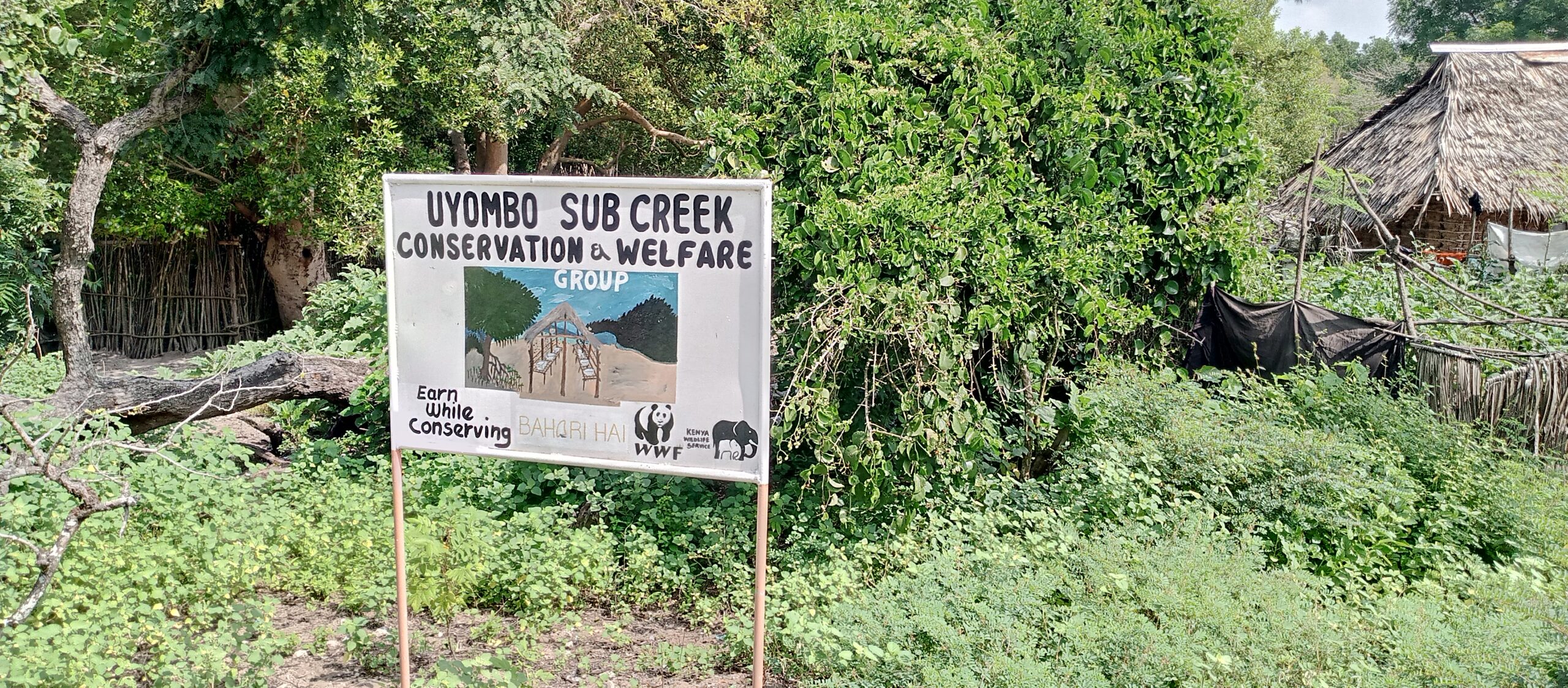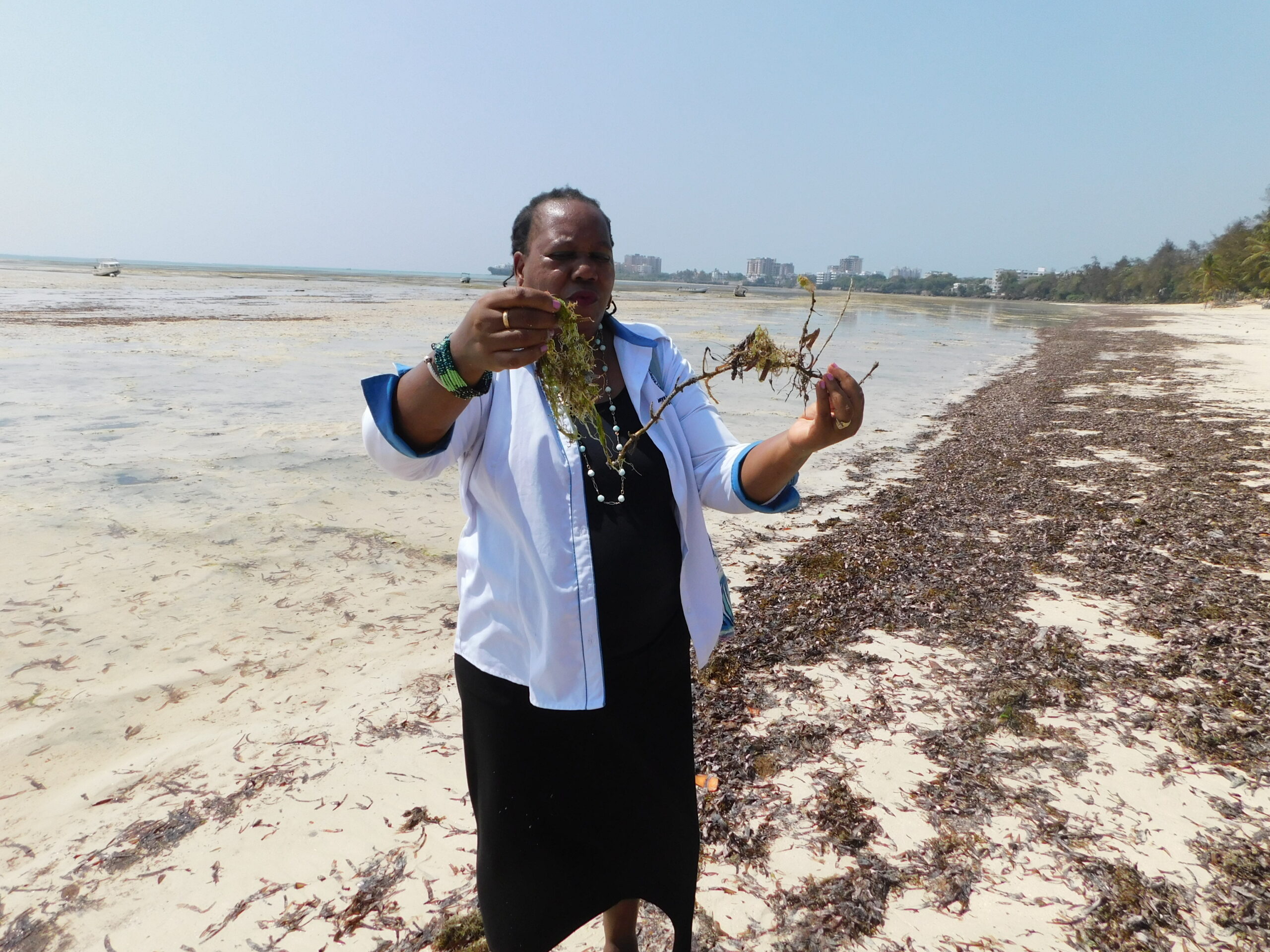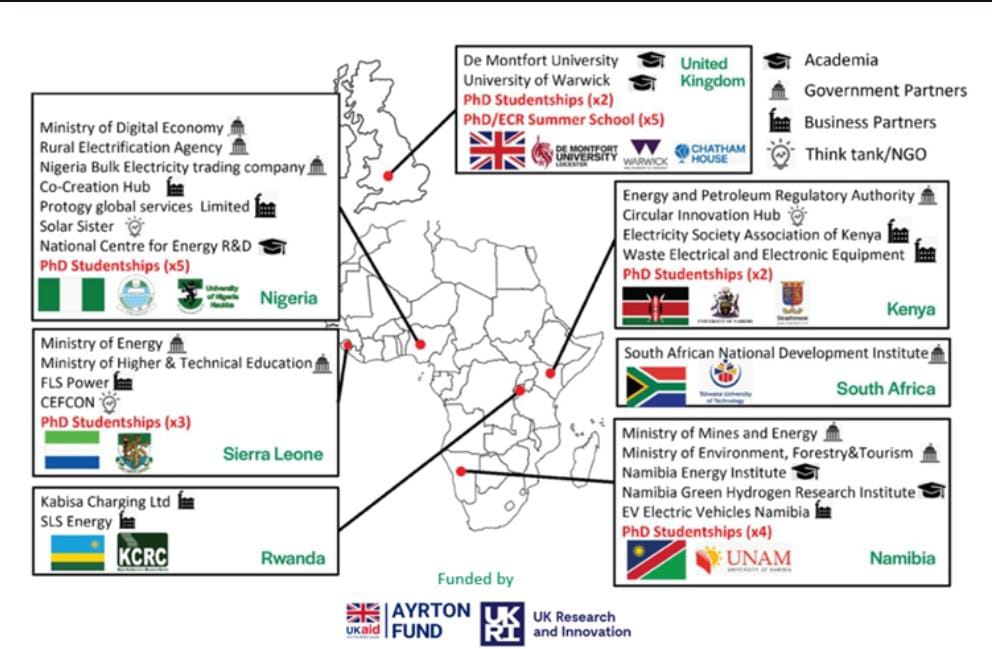Tucked between the Watamu National Marine Park and the Arabuko Sokoke forest, Uyombo is an iconic study in unique biodiversity.
Naturally grown mangroves, pristine clean beaches, coconut canopies and high end tourist hotels, one does not need to dig deep to understand why the residents of Uyombo have come out strongly against the proposed nuclear power plant in the area.
The coral reefs around Uyombo are home to a diverse range of marine life, including colorful ornamental fish, dolphins, and even whale sharks. Another popular attraction is the indigenous Arabuko-Sokoke Forest Reserve, which is located just a few kilometers from Uyombo.
What is fascinating as you traverse Uyombo and get to talk to any resident you meet is that the level of awareness on the dangers of nuclear among the residents of Uyombo village in Kilifi County is unrivalled.
It is not just propaganda- driven hatred for the project, residents have taken time to understand how they would be affected socially, economically, environmentally and even health wise if the much touted nuclear power plant is established in the area.
Background
Kenya announced in August 2020, that a multibillion nuclear power project would be built in Uyombo through funding from private investors.
Kenya got the approval to build a nuclear power plant from the International Atomic Energy Agency (IAEA) in 2021, and the government has intensified efforts to build the nuclear plant by the year 2034.
At the time, State owned Nuclear Power Energy Authority (NuPEA) announced that the nuclear reactor was a long-term plan to bring down fuel costs which were brought about by receding water levels in hydroelectric dams.
At the same time, nuclear power is seen as an effective way to cut carbon emissions from the power-generating sector.
The plan is to generate up to 4,000 megawatts in the next 12 years or so. Apart from Uyombo, NuPEA is also considering the Coast of Kwale as an alternative site for building the nuclear plant which requires a lot of water during its operations.
Concerns
At Uyombo, the locals claim they were in the dark regarding information about the projects and asked NuPEA to hold a series of public participation meetings to clear the air before they could endorse it.
However, local residents, civil society organizations and other stakeholders are incensed by the lies and secrecy that surrounds the multibillion project with a fishy subdivision of the land going on leaving hundreds of residents in abeyance.
Participants at a workshop held in Kilifi and organized by Community Action for Nature Conservation (CANCO), one of the organizations that have been involved in advocacy work raised critical issues that are yet to be answered.
The two day meeting comprised fishermen, members of Community Forest Association (CFAs), Beach Management Unit (BMU), farmers, bee keepers and quarry operators.
Benjamin Dadu Mumba, the Chief Executive of LENGA Community Development Organization said what is making the whole thing look suspect is the manner in which the government is targeting those who have been vocal against the project.
“The social fabric has been affected to the extent that you can’t see people gathering with the government officials being suspicious that people are plotting against the project.
“Our sources of livelihood is under threat because you don’t put a nuclear plant and expect people to live anywhere within a radius of about 10 kilometers’ and considering that the project that is being proposed will have far reaching impacts on the environment,” he said.
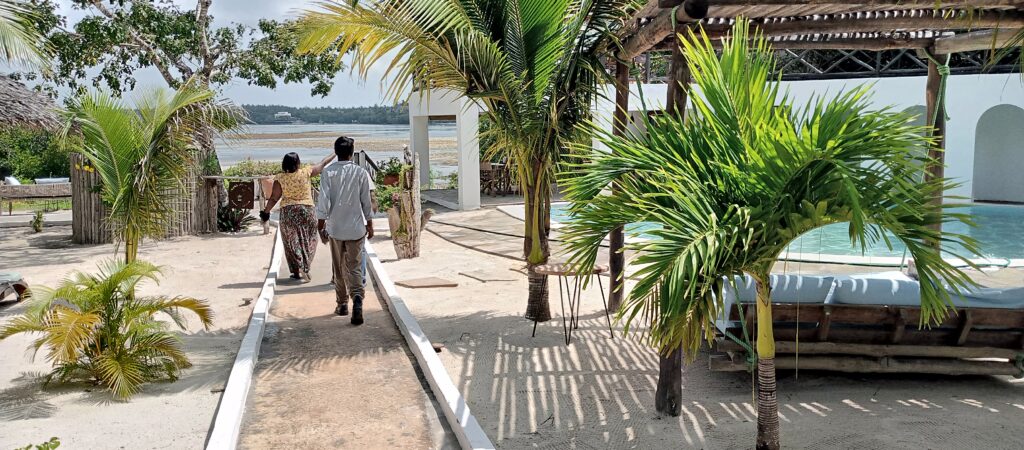
Some of the high-end tourist hotels in Uyombo | photo by Mazera Ndurya
Muturi wa Kamau, the Coordinator for Oil and Gas at CANCO says Laws such as the Petroleum Act 2019 need to be reviewed to speak to nuclear energy and address key issues that emerge with the proposed nuclear plant in Uyombo and other areas.
“According to international best practices before any nuclear plant is set up the host country must ensure there is law to guarantee strict adherence to standards. All policies, laws and regulations must ensure that existing laws are up to date and effective,” said Muturi.
Kenya Ant—Nuclear Alliance (KANA) founder and former Chair of the Kilifi County Council Anthony Kingi says the economic potential in fisheries, tourism and agriculture will not be spared if the project is set up.
However, what is disturbing is the secrecy and lack of transparency in the dealings of the government through NuPEA and the Ministry of Energy.
“They brought a contractor to put up a weather station in Uyombo, some few metres from Uyombo Girls Secondary School without the knowledge and involvement of the community. The community sent the contractor away demanding an explanation that has not been forthcoming.
“I was recently called only to be told that I have been allocated a parcel of land in Uyombo where I was born and brought up. The land question has been very emotive because the residents who have lived in the area for decades, some of them owning up to 15 acres of land, are being driven out as their land has already been allocated to non-residents,” he said.
Kingi said as the residents are waiting for the adjudication of the land to get title deeds, in 2021 plots were allocated without involving the members of the community.
This, he says, points to a fishy motive because the people who have been allocated the land are in government while local residents were either allocated an acre or less of their own land.
He says a lot of activities have been going on behind the scenes including benchmarking trips outside the country.
Speaking to Media For Nature in Uyombo, Edward Kitole, the patron of Chambuko Amkeni Conservation Group says anything that harms human life and biodiversity should be opposed noting that the information about nuclear in Uyombo has been coming in bits because there has not been any meaningful public participation on the matter.
“The only information we have about nuclear reactors comes from different people and from our own research. One thing that is clear is that the project will have long term effects and we can’t allow it because we have a lot of resources that should preserved for posterity,” he said.
Petition
In November, 2023 Busia Senator Okiya Omtatah tabled a petition in the Senate on behalf of the residents from Uyombo Village in Kilifi rejecting a Ksh540 billion nuclear reactor project.
In the petition, the residents raised fears about the impact the nuclear reactor would have on their lives including a potential threat to their right to life, health and a clean environment.
According to the Senator, the Nuclear Power and Energy Agency (NuPEA) did not give enough justification to have Kenya’s first nuclear reactor set up in Uyombo village.
As such, the petition prayed that NuPEA and other stakeholders identify other sites to put up the project that the country is banking on to boost its energy capacity.
The residents also want NuPEA officials who recommended Uyombo village as a preferred nuclear reactor site prosecuted.
The locals argue that the Ethics and Anti-Corruption Commission (EACC) should move with speed to determine if taxpayers’ money was misused during the feasibility study.
Omtatah, while tabling the petition, regretted that residents from Uyombo were being denied title deeds in anticipation of repossession of their land for the project.
In September, 2023, police officers dispersed a meeting where the community was being educated on the effects of the nuclear reactor on the environment.
The meeting had been organized by the Centre for Justice, Governance and Environment Action and its disruption made the residents read a sinister motive from the government.
What is at stake?
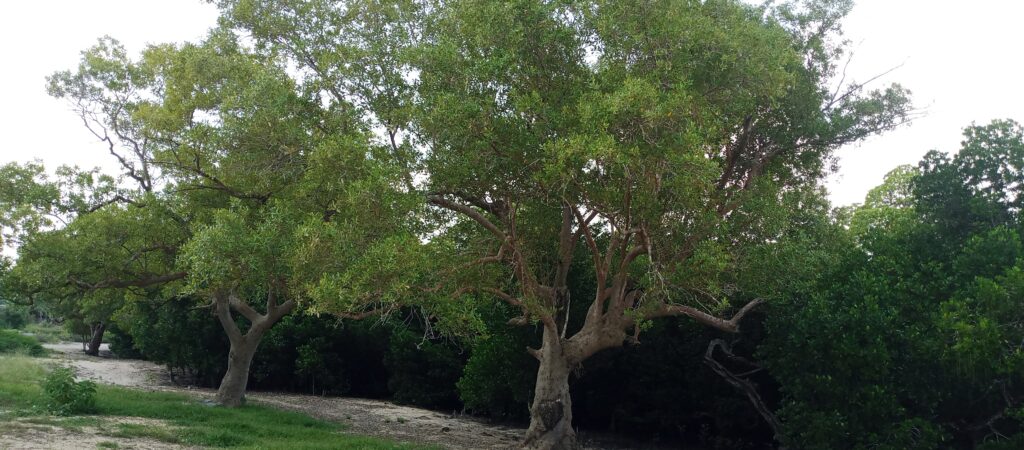
Natural mangrove trees are the hallmark of the rich Uyombo marine ecosystem | Photo by Mazera Ndurya
The Arabuko-Sokoke forest, which extends between the hinterland of Malindi and that of Watamu and Kilifi, has been included in the biosphere reserves to be protected by UNESCO.
The UNESCO Man and the Biosphere (MAB) programme has added 18 new sites in 12 countries of the world to the international network of biosphere reserves, which currently has 701 biosphere reserves in 124 countries of the world.
UNESCO’s biosphere reserves seek to reconcile human activity with the conservation of biodiversity through the sustainable use of natural resources. This reflects UNESCO’s key objective of promoting innovative sustainable development practices and combating biodiversity loss by accompanying communities and Member States in their work to understand, appreciate and safeguard the living environment of our planet.
Mranga, the Sokoke Community Forest Association (CFA) Chairperson beams with joy when he looks at the healthy mangrove seedlings awaiting planting but shudders with the prospects of seeing all his toil going to waste through the destruction of the environment through pollution.
“NuPEA called us for a meeting at Pwani University and told us to mobilize groups in the area in support of the project. They said they were introduced to the area by the local MP and the MCA. The residents demanded that they hold a baraza with the residents in the area but that has not happened yet.
“The Ministry of energy has been cheeky regarding public participation. At the moment there is a County official who has been going round in media discussing how good the project is yet the people on the ground have rejected the project. This is incitement speaking on a platform where millions of people are listening,” Mranga said.

